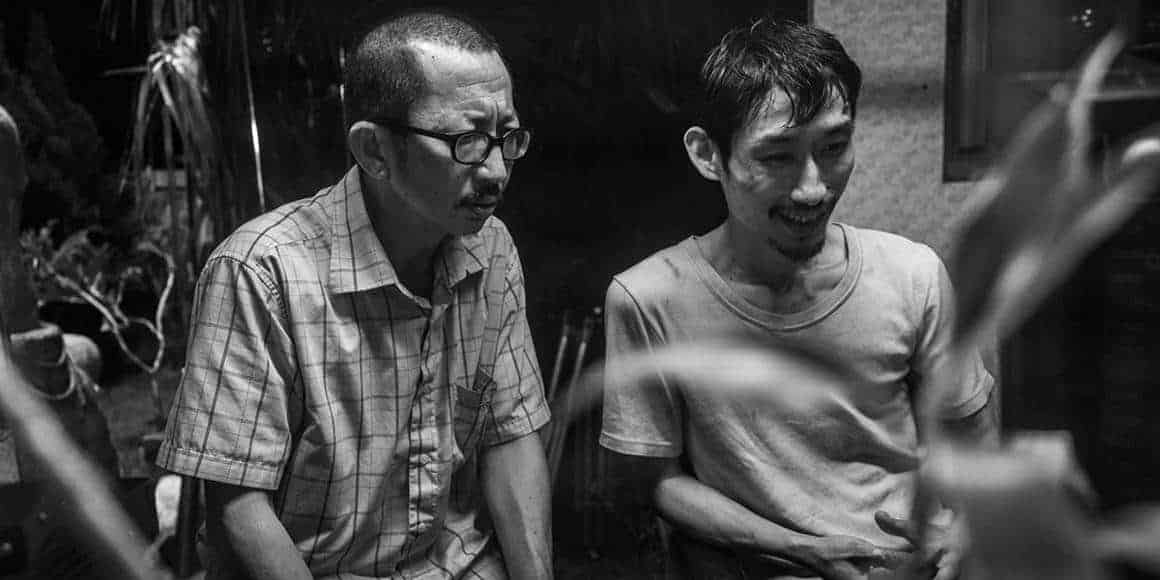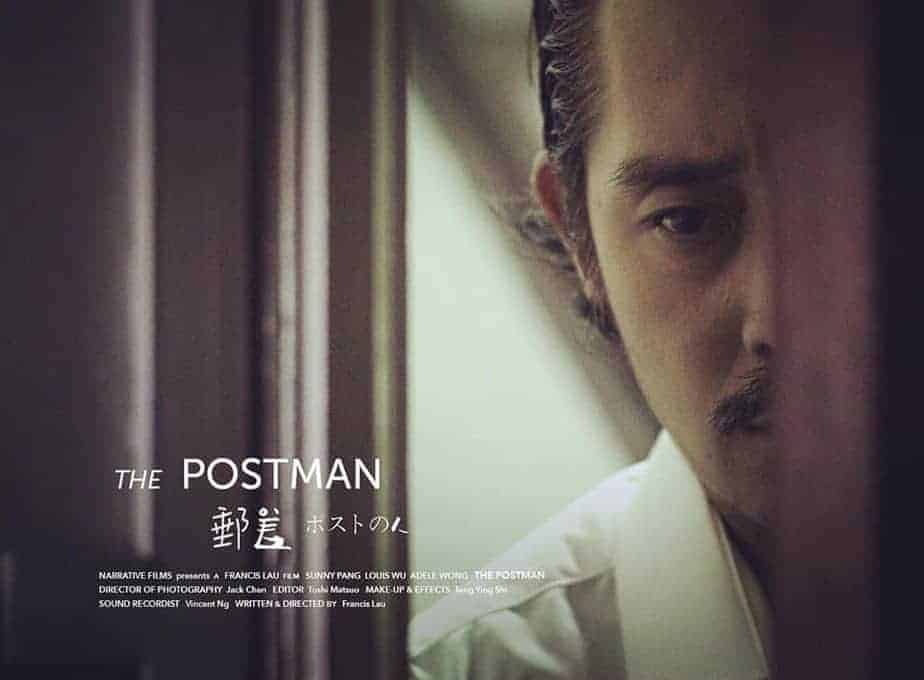“A writer under pressure The main content or theme of an author's composition is to portray the stories and tales of the abstract, unreal, illusory and desultory world that exists beyond our imagination and understanding. Sometimes it is known as parallel universe. The characters created by the author often become alive and vivacious in the auxiliary world of imagination and perception. The outcome of this creation leads the author to talk and laugh with them and these characters become a part of the author's subconscious life that precisely takes over his own consciousness. The arrival and departure of these characters happens in accordance to time and the author's mood. For example, one day a beautiful floozy woman enters the author's room at midnight. A totally quiescent and secluded aura prevailed all around. The lady comes towards the author and introduces herself ……Then what happened???”
“Urmimala” review is part of the Submit Your Film Initiative

The life of a troubled author is unveiled through conversations with his wife and a doctor, the latter coming to examine the man after he enters a delusional state. At the heart of the mystery is a woman who may or may not be the personification of one of his beloved characters that is drawing him into madness. A great set-up that really does push the boundaries of reality, backed by some strong performances from the cast. To offer up any praise for “Urmimala” it would be towards the abstract storytelling backed by convincing performances. Unfortunately, that is also the only real praise that can be given to the project.
Tragically, where the short film becomes to come undone is in the script that is overtly convoluted for the majority of its duration and misguided in a few notable spots. The language and conversations are unnatural with long time partners speaking in metaphorical riddles to each other, conversations that only exist to give the illusion of depth. Consequently, removing humanity from the character strips their ability of being able to depart any deeper wisdom as everything feels unnatural and forced. Perhaps the greatest sin lies in the misuse to mental health diagnosis, evoking a serious condition as simple means to justify delusion. Ultimately, a flash diagnosis from a general practitioner of a serious medical condition is a failed plot point that is grossly inaccurate and harmful – the climax buckling under this poor choice.

“Urmimala” certainly has some nuggets of insight hidden within it, but it loses any profundity in a muddled approach. Sadly, the final impression is that of a film made for an inner circle of friends, one that tells you how to interpret its world instead of creating a narrative that draws viewers in to make their own conclusions. Overall, the film holds such limited appeal in approach and ostracizes through misuse of summoning the phantom of ‘mental health' that it becomes an utterly disagreeable experience.















